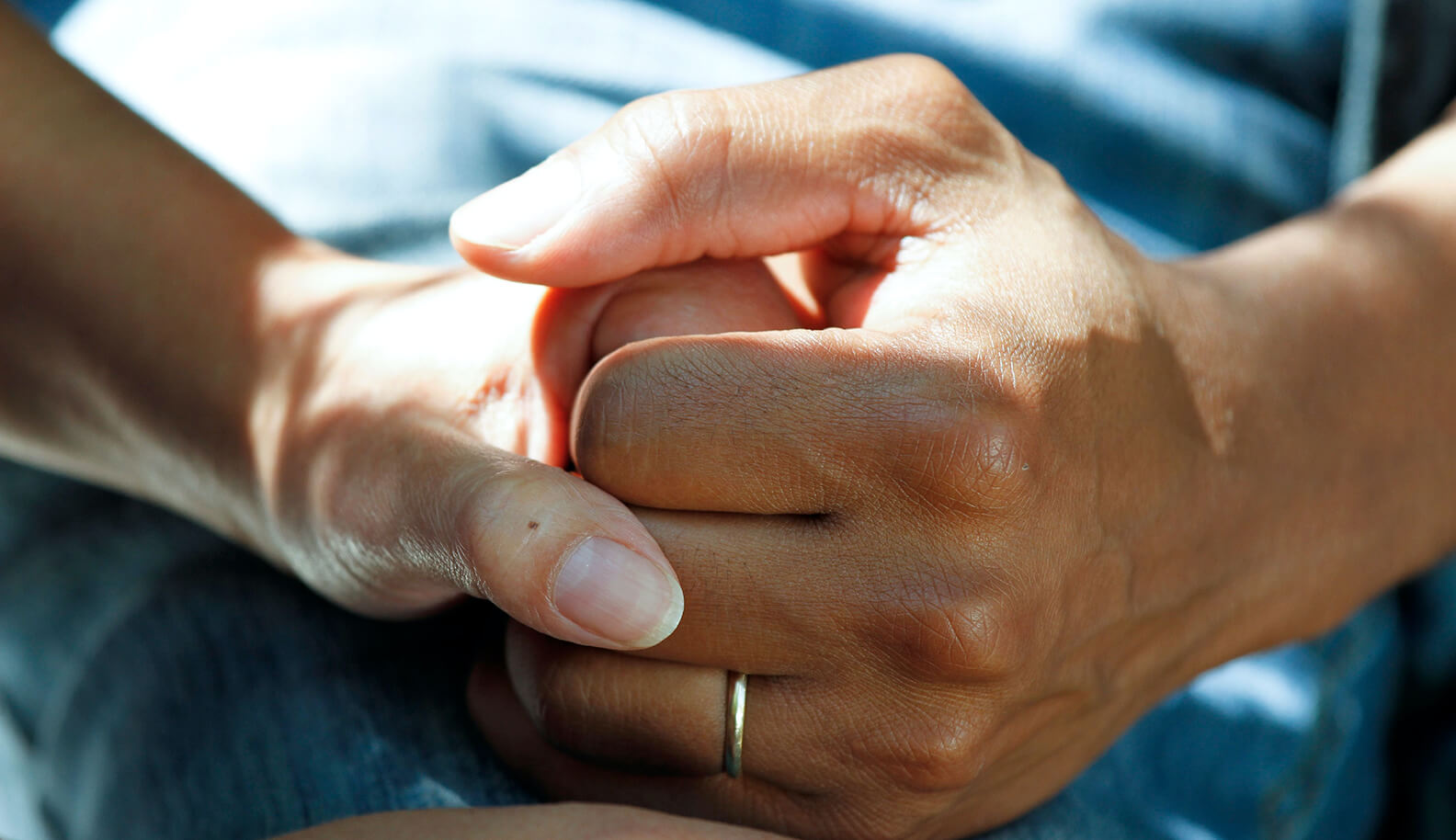With the coronavirus pandemic continuing to spread, many patients have questions about vasculitis (vascular inflammation) and COVID-19. Particularly, people are concerned about how coronavirus can potentially aggravate conditions of vascular inflammation. The Holistic Healing Heart Center is at the ready to provide information and testing for individuals with vasculitis who have recovered from SARS-COV-2 infections (the official name for the novel coronavirus) and need to be tested to ensure complications do not arise.
Blood Vessel Damage and COVID-19 FAQs
The medical community’s understanding of the coronavirus has been expanding over the weeks and months as more patients are observed and symptoms logged. Complaints of ‘COVID-toes’ and blood clots, even strokes in otherwise healthy young individuals, clued doctors into the reality: that there was a significant vascular component to what was initially considered to be a respiratory illness.
Q: How does the novel coronavirus cause blood vessel damage?
A: The evidence that COVID-19 is a vasculotropic virus (meaning that it affects the blood vessels) has been mounting for months. It has been found that the virus, when it takes hold in the lungs, breaks down lung tissue. This process also breaches blood vessels, giving the virus the ability to infect the endothelium. Endothelial cells connect the entire circulatory system: 60,000 miles worth of blood vessels, giving COVID-19 access to the brain, heart, and extremities (creating situations such as COVID toes).
Q: Can my chest pain/headache/shortness of breath be explained by vascular complications from COVID-19?
A: It’s not unreasonable to assume. It is well-documented that coronavirus causes damage in varied parts of the body, from the lungs to the heart and brain, creating and exploiting frailty wherever it is found: often, these frailties forming a legacy that persists long after the virus has retreated.
Q: What is the role of bradykinin in COVID-19?
A: Bradykinin is a peptide (a combination of amino acids) which performs a role in the endothelium, dilating blood vessels and increasing vascular permeability. COVID-19 causes the body to overproduce bradykinin, creating what is being called a bradykinin storm. This overproduction makes blood vessels far more vulnerable to the virus and may actually lead to the conditions that many COVID-19 sufferers ultimately die from: with liquid leaking into the sufferers’ lungs through the blood vessels, breathing becomes much more difficult.
Vasculitis Questions about COVID-19

Q: Are there any specific risks to people with vasculitis from COVID-19?
A: Due to the recent emergence of the novel coronavirus, medical researchers have been unable to conclusively establish specific risks. There is insufficient data from COVID-19 patients with vasculitis at present. However, the current working theory is that vasculitis sufferers are more at risk of developing COVID-19 because of the immune-suppressing medication many people use to manage their conditions.
Q: What’s the difference between my vasculitis symptoms and COVID-19 symptoms?
A: It can be difficult to tell the difference between inflammation and infection. This is particularly tricky because sometimes inflammation from vasculitis can spike as a response to infection. COVID-19 symptoms include symptoms associated with colds (runny noses and especially coughs and shortness of breath) as well as fevers and, in some cases, diarrhea. It is important to note, however, that a fever is an immune response to infection, and not caused by the virus itself. Immune-suppressing medication used to control or mitigate vasculitis can affect the body’s ability to create a fever. If you or anyone you know exhibits these symptoms, it is important that you get advice from your health care provider on evaluation and testing. However, if the afflicted person is experiencing worsening shortness of breath or difficulty breathing, it is more important to seek immediate medical attention in the ER.
Q: If I am on vasculitis medication, should I come off it because of COVID-19?
A: Do not make this decision unilaterally. Consult your doctor. COVID-19 is a concern for all of us, but vasculitis, especially unmedicated vasculitis, is still a significant concern. The complications that can result from active vasculitis may necessitate high-dose steroids or other immune-suppressing medications.
Information about COVID-19 for Vasculitis Patients
Individuals who suffer from vascular inflammation should take extra precautions to avoid getting affected. As well as the advice that the Centers for Disease Control and Prevention (CDC) issued to the general population, such as regularly washing one’s hands, wearing face masks and practicing social distancing, vasculitis sufferers should:
- Stock up on additional medications and supplies for several weeks. Get non-perishable foods, toiletries, kitchen supplies, pet food, and other essentials that you can safely store in advance. This will reduce the necessity of regularly shopping and exposing yourself or members of your household to potential sources of infection.
- Avoid crowds. Cancel any non-essential travel plans. Many popular tourism destinations are no longer accepting American visitors, and most large events such as conventions, trade shows, sports games, and concerts have been suspended until the pandemic is under control.
- Stay home as much as possible. Work from home, or negotiate to shift your responsibilities at work so that you can fulfil more of your duties without venturing out. Fulfil your social obligations via videoconferencing.
- Family members and caregivers of vasculitis sufferers should also exercise caution in not becoming a vector of COVID-19. Anyone showing symptoms of the virus should avoid contact with sufferers, particularly sufferers in rest homes, who are at especially high risk.
Thrombosis and COVID-19
Thrombosis is the term for localized coagulation or clotting of the blood in the circulatory system. It is caused by three main factors: changes in the flow of blood, changes in the consistency of blood, and changes in the blood vessel wall. A COVID-19 infection puts patients at increased risk of all three. The shortness of breath that patients with COVID-19 experience means that they struggle to move around much, which is one of the main ways that the body keeps the blood flowing around the body. Another issue related to the COVID-19 pandemic is the immune response. When the body is sick, it produces cytokines, which in turn induce the liver to produce clotting proteins. The body’s cytokine response to COVID-19 is particularly aggressive. Blood vessels also respond to hormones, and those on HRT or whose bodies are responding to sickness are at especial risk. Hospitalized patients who developed pneumonia as a result of the coronavirus can experience increases in the clotting proteins present in all blood from 2-4 grams per liter to 10-14 grams. This increase is unprecedented: even elderly patients prior to COVID-19 rarely experienced more than 7 grams.
This propensity for clotting unfortunately leads to deep vein thrombosis (DVT), which can block blood supply to the lungs and exacerbate the effects of the virus. It also causes microvascular thrombosis: blockages in the smaller blood vessels exacerbated by massive amounts of inflammation. So far, some of the only remedies patients received that have proven effective are mechanical ventilation to forcibly restore function to the lungs, and therapeutic anticoagulation to prevent thrombi forming. The trauma to the lungs and circulatory system that the virus causes are a large part of why patients with chronic cardiovascular conditions are so overrepresented among critically ill patients with COVID-19.
Postinfectious Vasculitis
The coronavirus is known primarily for being a respiratory virus. However, the disease it causes, COVID-19, has extensive effects on the vascular system. Through observation, it has been found that the coronavirus disease infects endothelial cells, causing huge increases in blood clots and rampant damage to blood vessels. This is the means by which the virus can cause long-term organ damage and cardiovascular damage, even in non-fatal cases. This vascular inflammation and other complications of COVID-19 means that even after a ‘recovery’ has occurred, vasculitis patients can still be in considerable danger.
The Holistic Heart Healing Center is on hand to offer post-COVID-19 testing so that we can ascertain who is at particular risk. We provide multi-stage, speciality biomarker testing (including a COVID-19 antibody test), along with maximum pulse testing and EndoPat™ testing to identify any signs of endothelial dysfunction. For those patients who exhibit increased inflammation markers or other signs of cardiovascular distress, we are well-positioned to reassess their cardiovascular risk factors, and provide preventative care where applicable.





